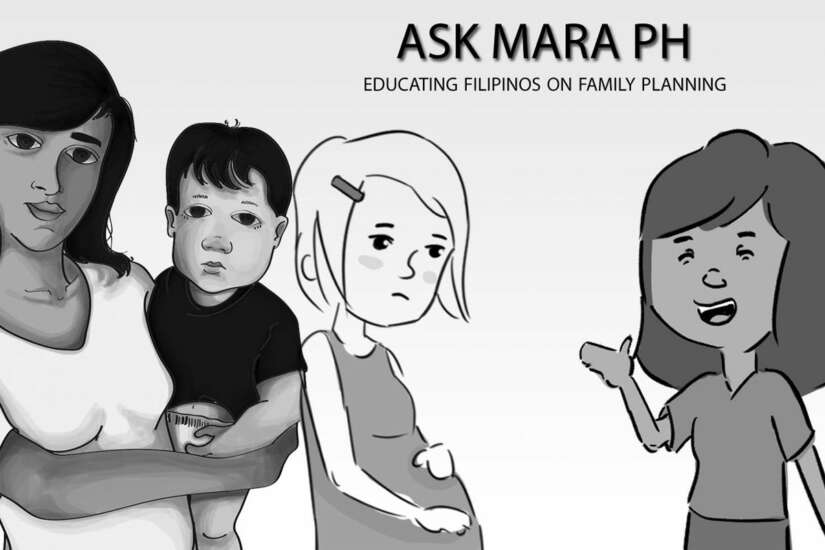WITH an estimated 109.5 million Filipinos, the Philippines, an impoverished but natural resources-rich Southeast Asian nation, now ranks the world’s number 13 in the list of countries by population.
The population is projected to reach 142 million by 2045, a year before the nation goes to the polls again to elect the 21st President of the Philippines, the bastion of democracy in this part of the world.
A former state prosecutor, President Rodrigo Duterte, the first Mindanaoan to occupy the top political post of the land, was inaugurated 16th President of the Philippines at 12 noon on June 30, 2016.
In the view of many quarters, including the ordinary citizens across the country, the projection provides a major challenge for the country’s concerned offices and agencies, public and private.
Without doubt, it’s a wake-up call to all of us to work in unison to reach out to more Filipinos and communicate the importance of family planning during the paralyzing COVID-19 pandemic.
For its part, the highly-influential Commission on Population and Development (POPCOM) has launched its new Facebook (FB) live series entitled “Usap Tayo sa Family Planning.”
POPCOM launched the series knowing full well that it’s very difficult to go the barangays for a face-to-face discussion and talk about family planning in view of the current health crisis.
In support of the agency’s thrust on family planning education, the Bayer company has partnered with POPCOM through its own platform, “Ask Mara PH,” according to POPCOM Executive Director Juan Antonio Perez III.
“Ask Mara PH” is a social media channel that provides awareness on different contraceptive options for modern women. “While educating Filipinos on family planning, we highlight the different contraceptive options available that would suit their needs,” said Perez.
The rising number of world inhabitants, including Filipinos, must be addressed now if government authorities across the globe are to address the problems on hunger, poverty and joblessness.

